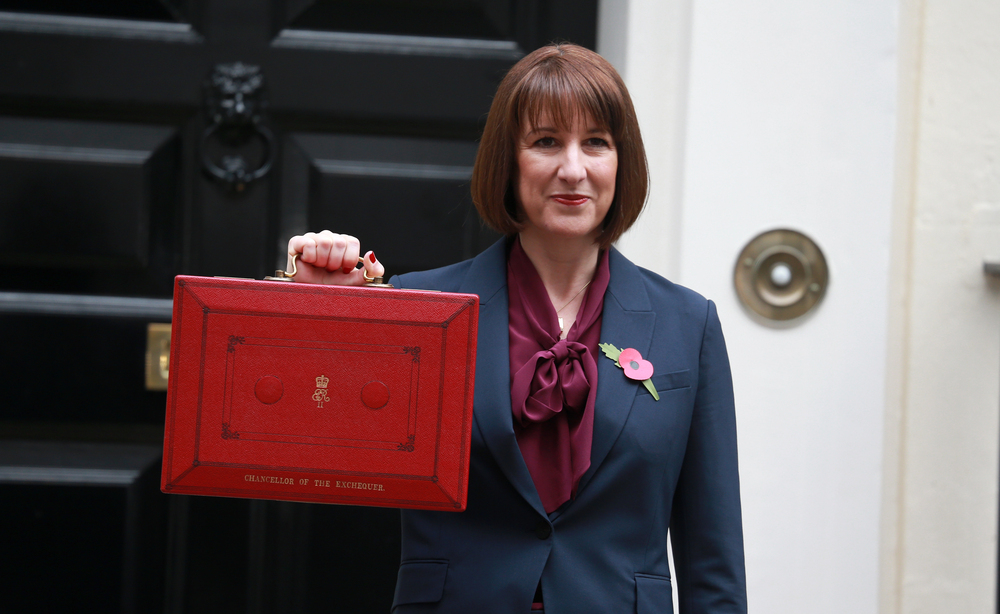Rachel Reeves announces Autumn Budget date: What impact could it have on UK SMEs?

With Chancellor Rachel Reeves confirming the date of the Autumn Budget, questions are mounting about whether her plans will deliver real relief for Britain’s small and medium-sized enterprises.
Aman Parmar, Head of Marketing at BizSpace, a leading provider of flexible workspaces for SMEs, warns that while stability on tax policy may be welcomed, SMEs urgently need targeted support on energy costs, business rates reform and access to digital transformation funding. Without decisive action, many risk scaling back operations or downsizing.
He says:
“As the Autumn Budget approaches, speculation about Chancellor Rachel Reeves’ plans has intensified, particularly regarding how they align with the pressing needs of British SMEs. With the backdrop of economic uncertainty, including high inflation and energy costs, SMEs are keenly observing the government’s strategies.
“Reeves is thought to be focusing on fiscal responsibility while aiming to stimulate economic growth. Her initial statements suggest an inclination towards maintaining existing tax policies without introducing major increases: this approach aligns with the desires of many SMEs, who are seeking stability in a tumultuous economic landscape. However, there are concerns that this might not go far enough in addressing the immediate needs of small businesses, especially in terms of financial relief and support.
“One area of focus is likely to be investment in infrastructure and digital transformation, which has been echoed in recent news. The government’s commitment to enhancing digital capabilities is crucial, as SMEs often lack the resources to compete with larger firms in this arena. Initiatives that provide grants or subsidies for technology adoption would be welcomed, but these must be accompanied by a clear and accessible application process to ensure that SMEs can benefit.
“On the subject of energy costs, Reeves has hinted at potential measures to mitigate the impact on businesses. Continually escalating energy prices leave SMEs particularly vulnerable, and any plans to provide temporary relief or subsidies for energy costs could be crucial to their survival. Many SME are considering cutting back on operational hours or even downsizing due to these pressures, highlighting the urgent need for government intervention.
“The anticipated review of business rates is another area where Reeves’ plans will be scrutinised. Many SMEs argue that the current business rates system is outdated and disproportionately burdensome, especially for retailers and hospitality businesses still struggling post-pandemic. If Reeves can align her proposals with a reform of business rates that eases this burden, it would demonstrate a significant commitment to supporting the SME sector.
“However, there are concerns that without targeted tax relief measures – such as enhanced capital allowances – SMEs may struggle to invest in growth. The government’s new small business plan appears to address some of these issues by promising support for access to finance and training, but the effectiveness of these initiatives will depend on adequate funding and implementation.
“While Rachel Reeves’ planned approach for the Autumn Budget shows promise in terms of stability and support for SMEs, there is a palpable need for concrete actions that directly address the challenges these businesses face. The alignment of her predicted policies with the specific needs of SMEs, particularly regarding tax relief, energy costs and regulatory simplifications, will be decisive for fostering a thriving environment for small businesses in the UK.
“As the budget date approaches, the question remains whether these plans can translate into meaningful support for the SME sector.”
Image: Deposit Photos



